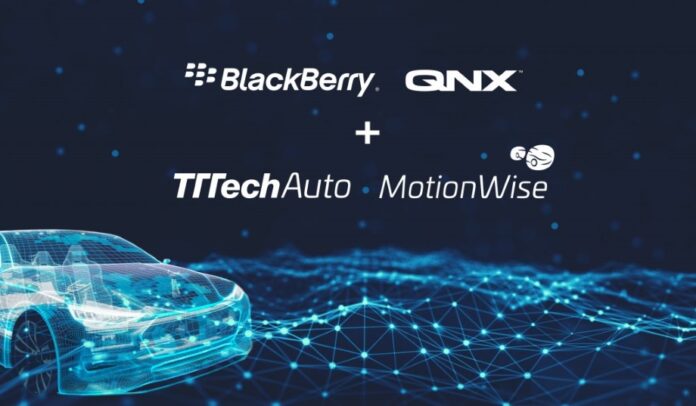The collaboration between QNX, Vector, and TTTech Auto represents a transformative approach to vehicle software development. These industry leaders have joined forces to create a foundational vehicle software platform that alleviates the complexities and costs of software integration. This initiative aims to empower automakers to shift their focus from managing backend integration to innovating consumer-facing features that enhance brand differentiation and customer loyalty. This partnership underscores the need for a streamlined, pre-integrated, and scalable solution that addresses the current challenges in the automotive software landscape.
Automakers today face significant hurdles in software development, including high costs, integration challenges, and vendor lock-in, which often lead to inefficiencies and delays. The reliance on multiple software providers for various vehicle components further complicates this process. By developing a robust platform certified to the highest safety and security standards, QNX, Vector, and TTTech Auto aim to simplify the creation of Software Defined Vehicles (SDVs). This platform promises to reduce dependency on hardware-specific integrations and foster an open ecosystem that encourages collaboration and innovation.
The partnership focuses on delivering a lightweight, high-performance, and safety-certified solution that accelerates automakers’ ability to develop SDVs. By managing the foundational software stack, the platform allows automakers to prioritize customer-centric features and optimize resource allocation. This collaboration not only reduces development headaches but also facilitates a faster time-to-market for innovative automotive solutions. Industry experts recognize the value of this integrated approach, emphasizing its potential to improve key performance indicators like complexity reduction, workforce efficiency, and over-the-air update capabilities.
With contributions from all three partners, the platform integrates cutting-edge operating systems, middleware, and tooling, complemented by advanced task scheduling and communication solutions. The partnership highlights a shift from traditional value chains to value networks, ensuring a more collaborative and efficient development process. Open to contributions from additional ecosystem players and open-source initiatives, this platform is poised to redefine automotive software development. By FY’26, the solution is expected to provide automakers worldwide with the tools to innovate rapidly, delivering enhanced driving experiences while reducing costs and complexity.







